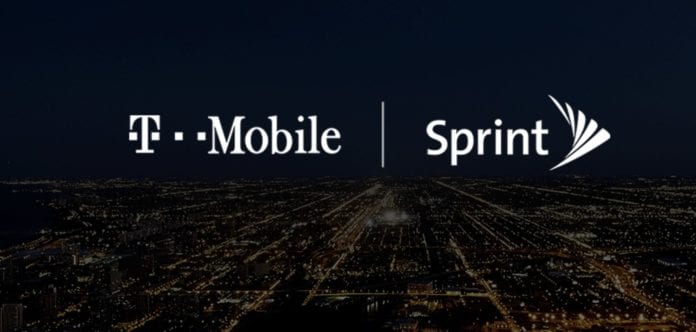CFIUS, DoD, DoJ and DHS all OK Sprint, T-Mobile US merger
Working to close the mega-merger in the first half of 2019, Sprint and T-Mobile US this week gained key approvals from a number of federal oversight bodies. The $26 billion deal would give the combined carrier–dubbed the New T-Mobile–a customer base of around 100 million subscribers, and the two companies say a merger will ensure domestic leadership in 5G deployment.
This week approvals came from the Committee on Foreign Investment in the United States, the Department of Defense, Department of Justice and Department of Homeland Security. Reports suggest the approvals came on the heels of T-Mobile US parent company Deutsche Telekom and Sprint parent SoftBank reconsidering their respective relationships with Chinese telecom infrastructure vendor Huawei.
Huawei has long been the subject of security scrutiny in the U.S. where it’s effectively blocked out of the market. Huawei is further barred from participating in 5G builds in Australia, New Zealand and Japan, and officials in the U.K. also evaluating Huawei’s role in the nation’s telecom infrastructure with BT ripping Huawei gear out of subsidiary EE’s core network. Underpinning an ongoing trade dispute between the U.S. and China, Huawei’s CFO was recently arrested by Canadian authorities at the request of U.S. officials.
T-Mobile US CEO John Legere called the approvals an “important milestone…We are a step closer to offering customers a supercharged disruptor that will create jobs from day one and deliver a real alternative to fixed broadband while delivering the first broad and deep nationwide 5G network.”
While Sprint and T-Mobile US are pursuing independent 5G builds, the two carriers have told regulators the combined company can deliver nationwide 5G in the 2020 timeframe on the back of Sprint’s 2.5 GHz spectrum and T-Mo’s nationwide 600 MHz holdings.
Opposition comes from a variety of sources, including a communication workers union, regional and rural carriers and groups focused on the security implications of SoftBank’s and DT’s relationship with Huawei.

